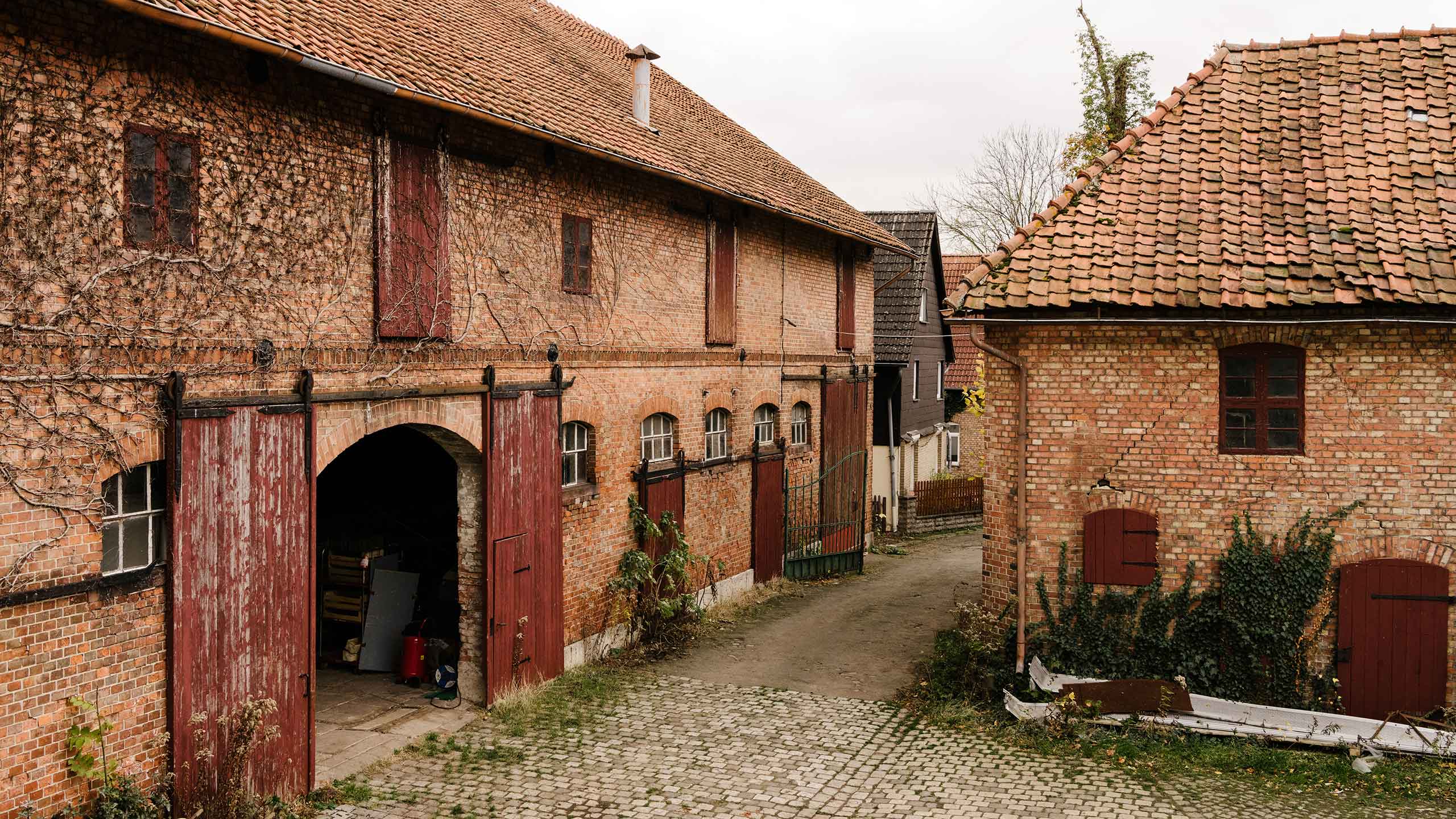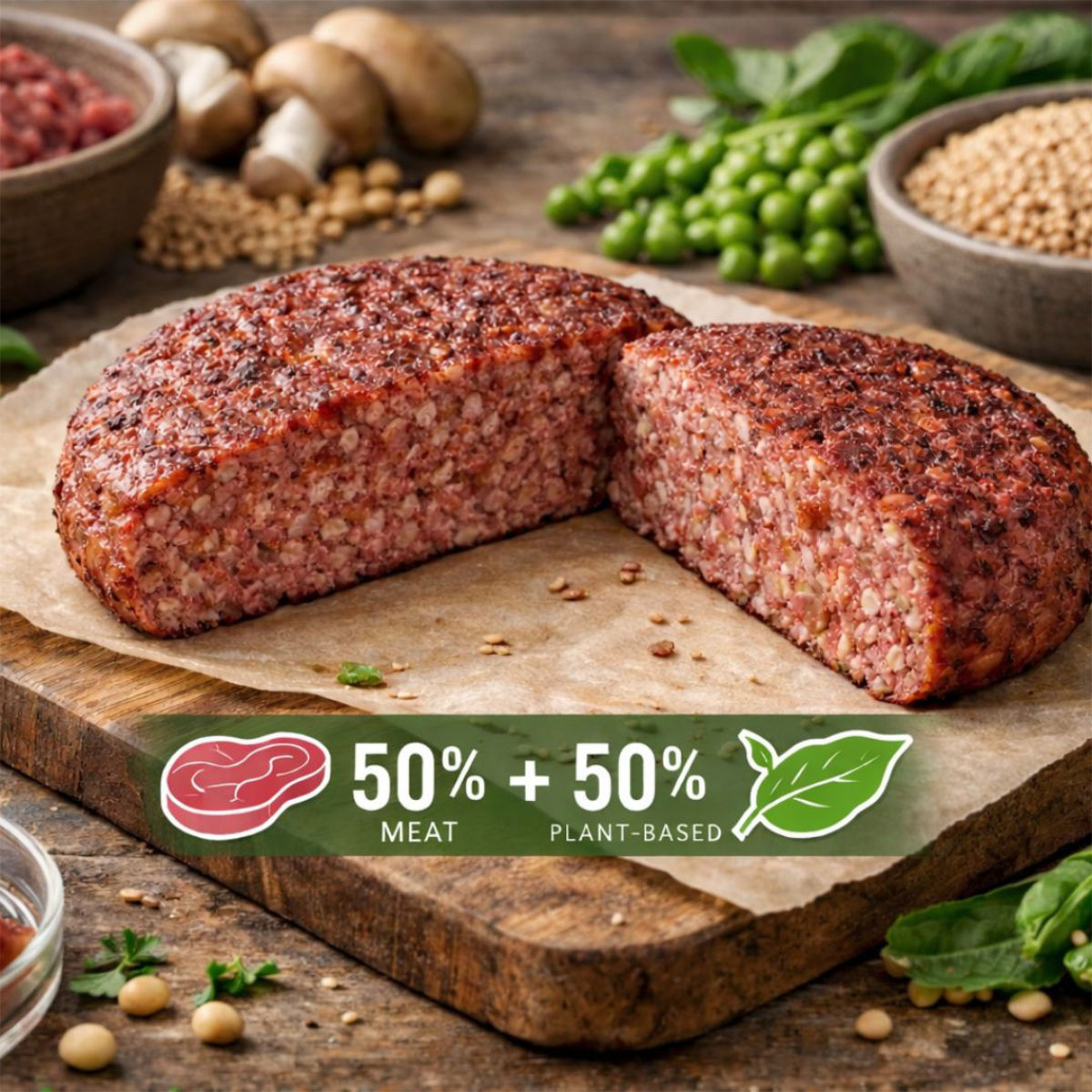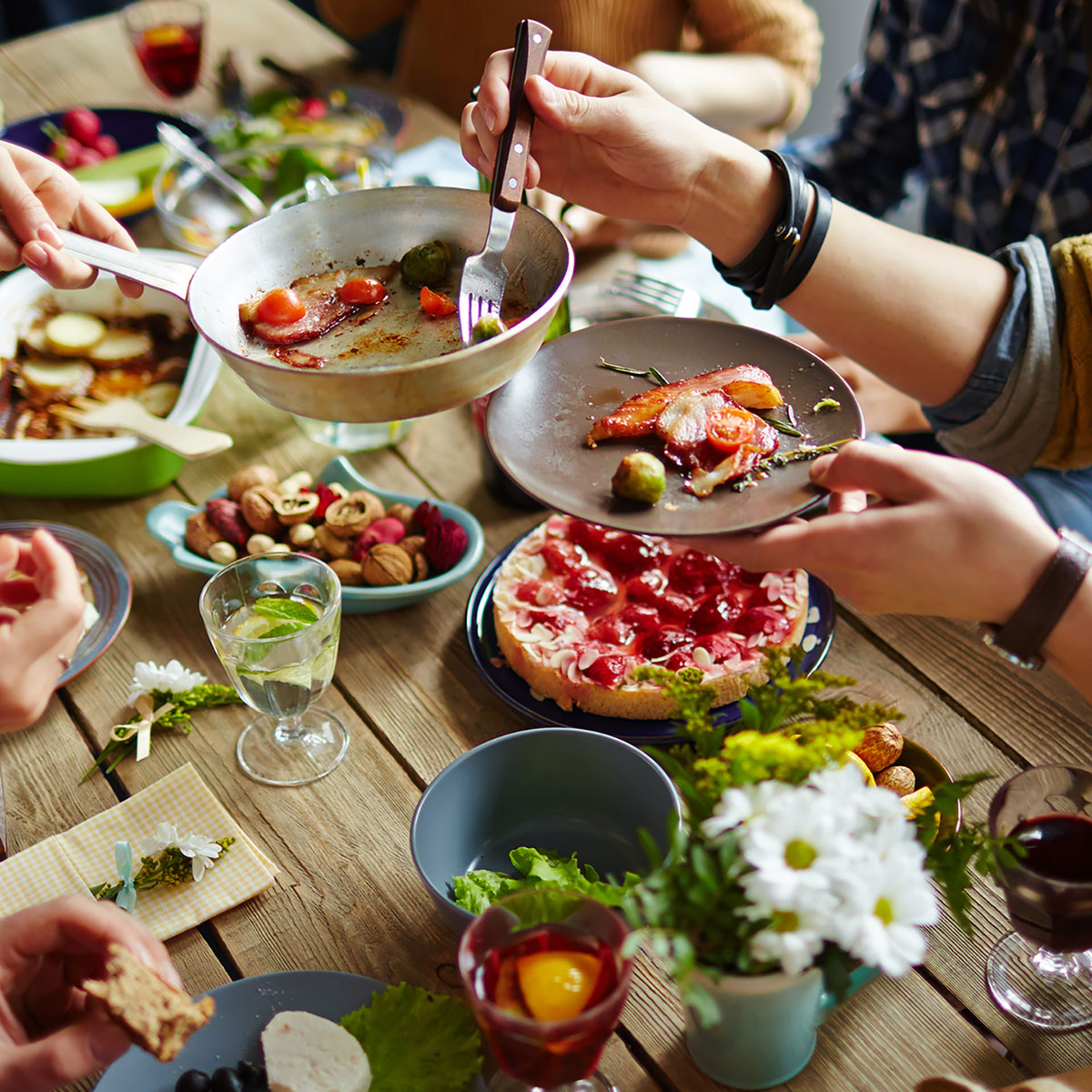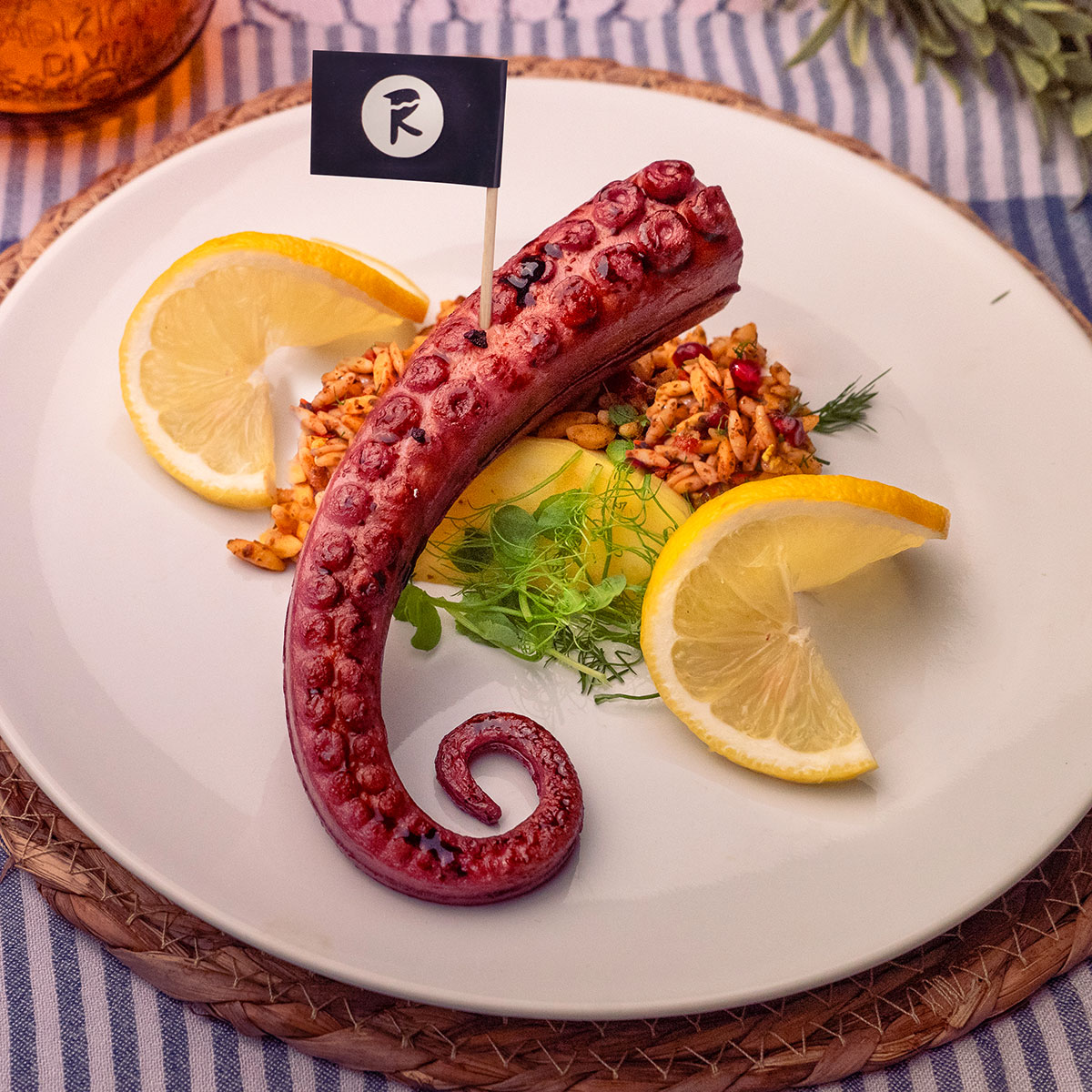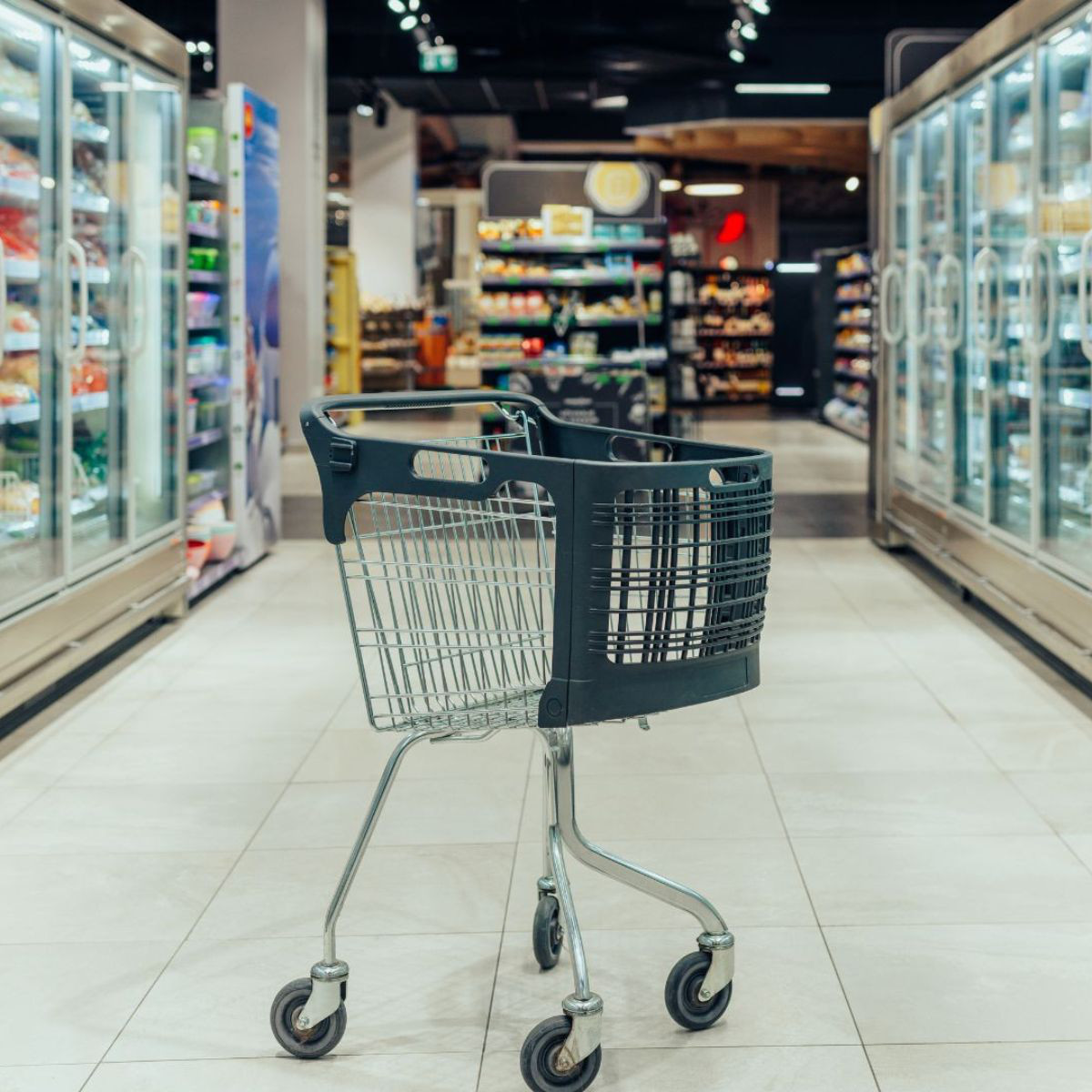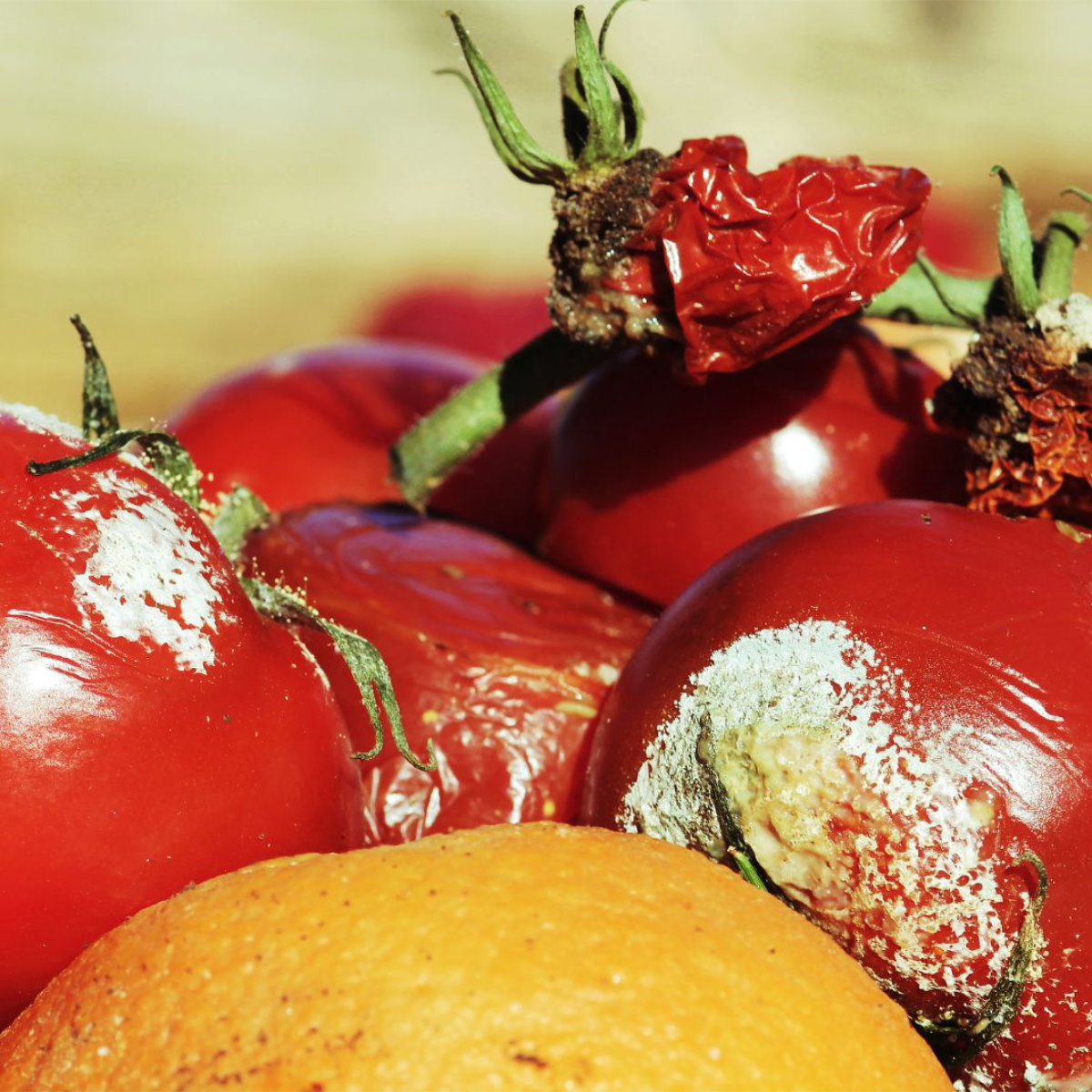Reading time: 6 minutes
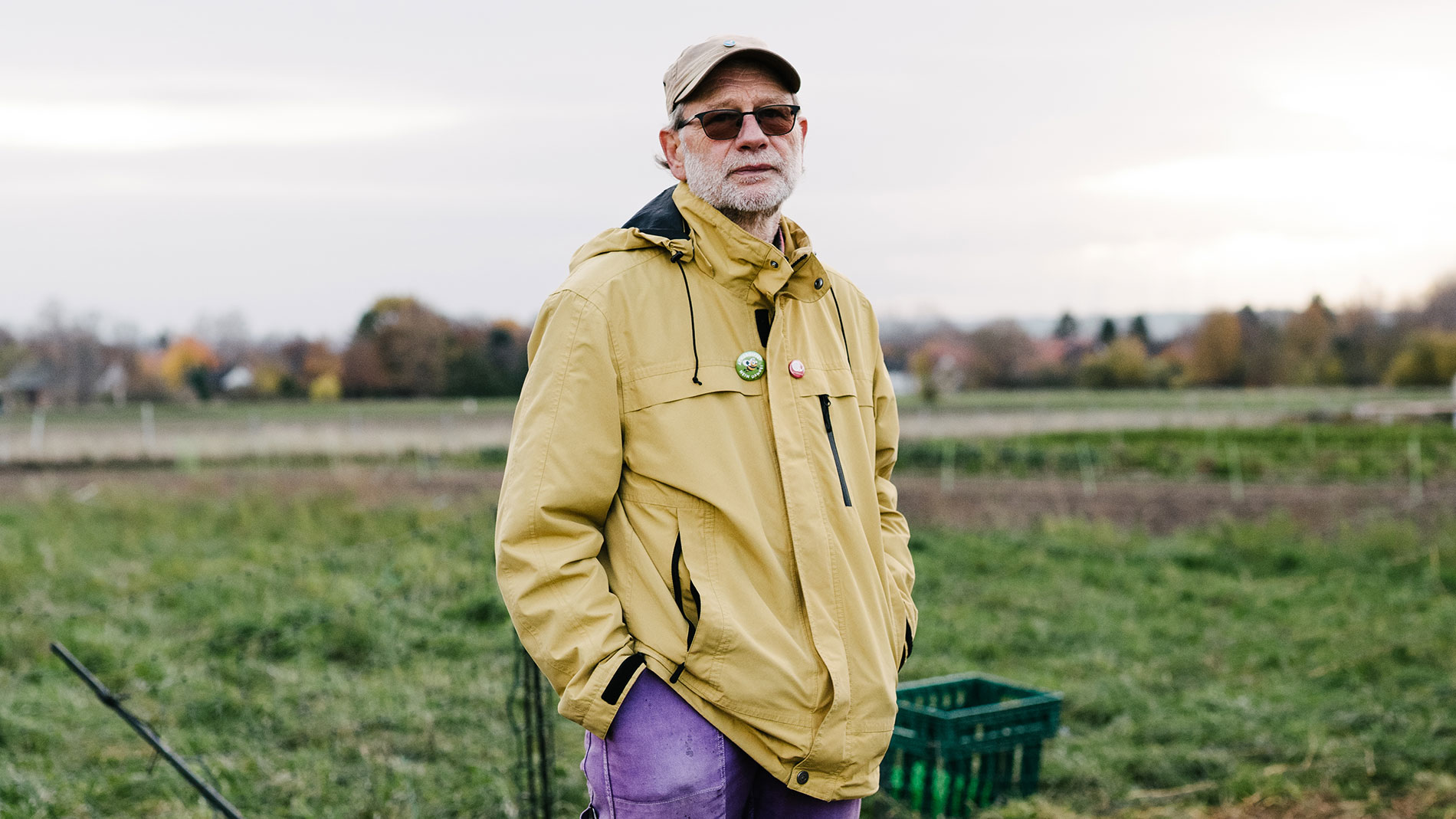
“I was raised, so to say, to take over the family farm,” explains Heiner Schrobsdorff from Winnigstedt, a village of 700 people, in a Deutschlandfunk radio feature1. There was a clear expectation that Heiner, the only son in the family, was one day going to take over the forty-four hectare farm near Braunschweig: the barn, the stables, and the house. “It wasn’t talked about much. But everyone seemed to think that’s how it would be.”
[BU] In the past, it was a given that a farm would stay in the family. Nowadays, however, an increasing number of farmers’ children are actively choosing not to take over the business. Of the approximately 255,000 farms in Germany, only around a third have a succession plan in place. As a consequence, farms are being abandoned, production is stopped, or taken over by larger businesses across all sectors. The resulting changes are easy to see in German livestock farming: between 2010 and 2020 alone, tens of thousands of livestock farms disappeared, leaving fewer farms with larger herds.
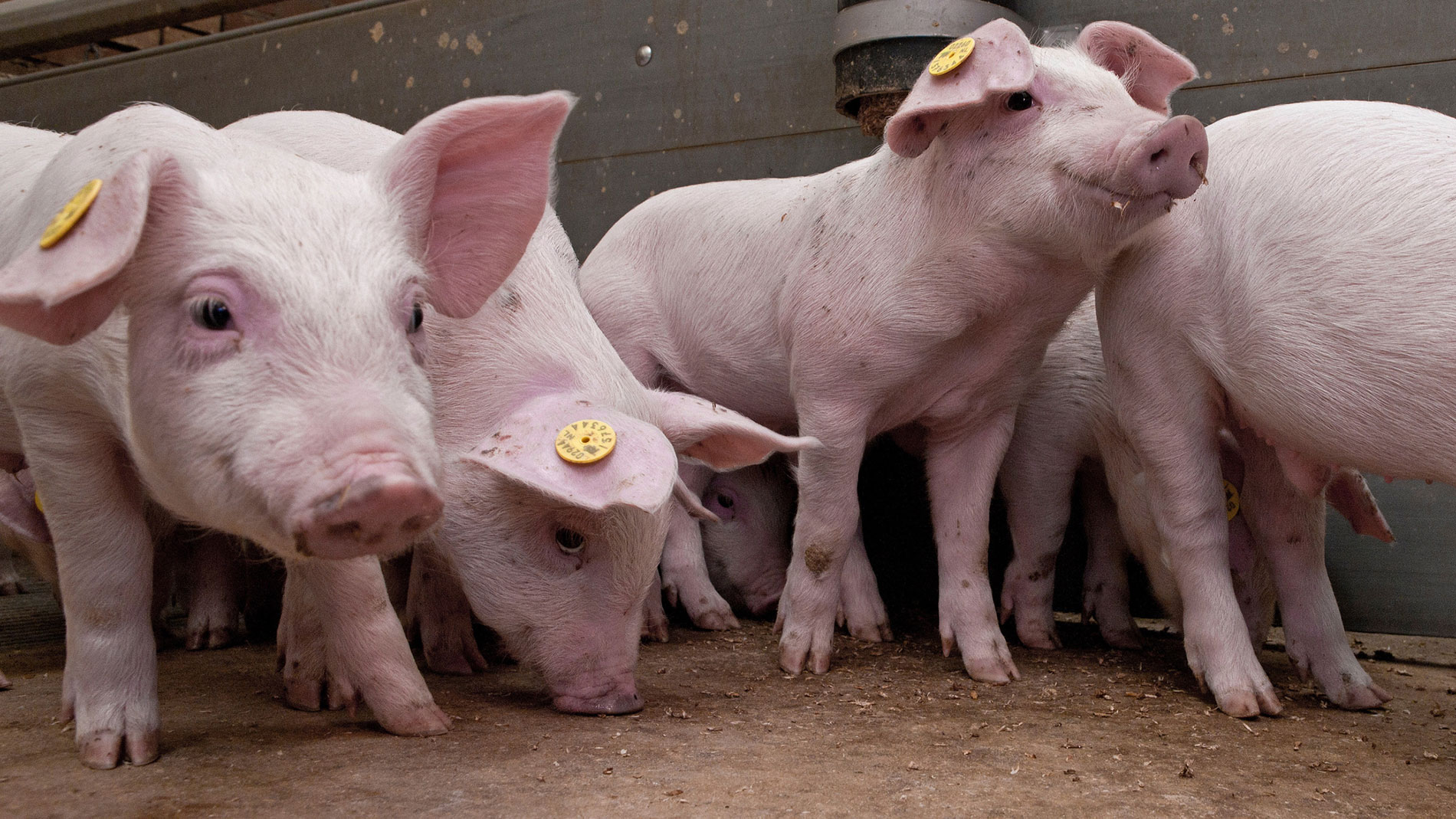
According to the 2021 Fleischatlas, the number of breeding pigs per farm increased from 142 to 256, while the number of porkers weighing 50 kilograms or more rose from 398 to 6532.
Heiner Schrobsdorff, too, decided against life as a farmer. Although he himself felt positively about organic farming, this was at a time when organic pioneers were still being ridiculed. His father wanted nothing to do with it and eventually leased the land to large-scale farmers. “Back then, it would have been very difficult to tell the other farmers here: I’m going to start organic farming now,” Heiner recalls. He became a vocational school teacher; the agricultural land remained leased while the buildings lay abandoned.
Heiner’s father passed away in 2008. In 2018, aged 64, Heiner decided to pass on his inheritance to someone outside the family. Total value: around one and a half million euros. “I wanted the agricultural land to be farmed organically, not conventionally,” he said. This is how he came across hofsuchtbauer.de. The platform was created by agricultural economist Christian Vieth to connect farmers looking for successors with young people who want to take over a farm. Foodtech Now! met with him for an interview.
Interview with Christian Vieth
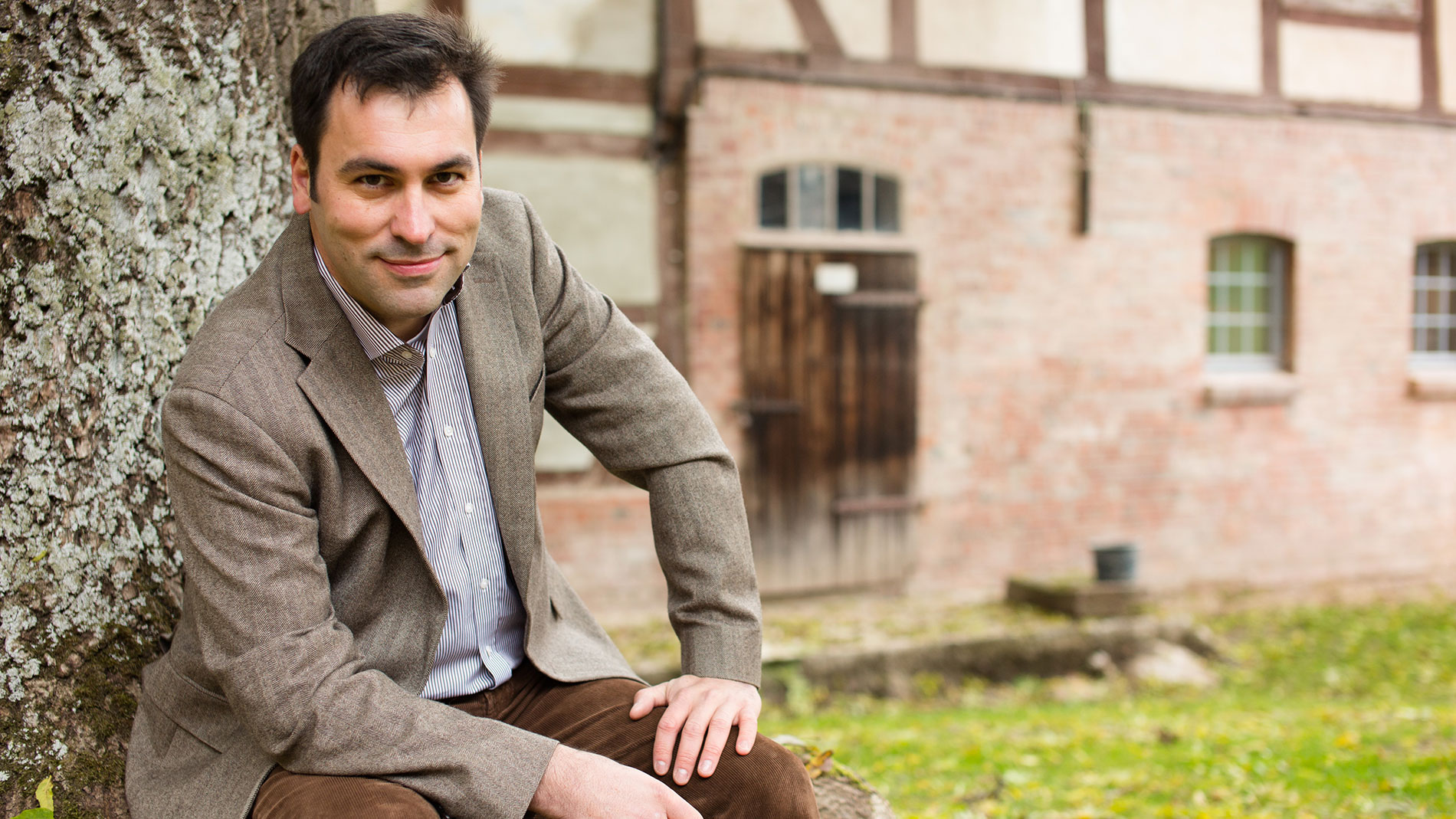
Mr Vieth, what are the implications of a farm having to close down?
There is a difference, first of all, between having 100 farmers in a village and then having one of them give up their farm, as it might have been in the past, to having only three farmers in the village to begin with and then having all three of them quit. Times are changing. In an average German village of 400–500 inhabitants, there used to be a milk can outside every other house. Agriculture is becoming increasingly alienated from society, partly because there are fewer and fewer farmers. In my home village of Niederwallmenach in the Rhineland-Palatinate region, for example, there is an EU-certified slaughterhouse that collects animals from local farmers. The process starts in the morning, and you can hear the pigs and cattle being taken away. When we were children, we used to watch. It was a matter of course; it was part of life. People were closer to it. Today, people still eat meat, but they are no longer shown how it is produced. They have completely lost touch with the slaughtering of animals.
What consequences might we face in the future due to the decline in farming?
The problem we are facing affects more than just the farmers themselves. The upstream and downstream sectors are also disappearing. Ask a farmer who sells directly to consumers where they take their animals to be slaughtered. They will tell you that it’s a very long drive. The number of slaughterhouses is steadily declining because fewer and fewer farms are delivering animals. This leads to more animal transport, which nobody wants – and that just causes more problems.
How does all this affect people who do not work in agriculture themselves?
A 1993 study from Bavaria called “External Effects of Farming in Bavaria” shows that in areas where farming culture is predominant, people are happier, more children live there, the net value added is higher, and crime is lower. Farming also ensures biodiversity, landscape conservation, and a regional food supply. In short, farming has many effects beyond its direct function of producing grain or meat. With every farmer who disappears, these positive effects also disappear.
Your portal aims to prevent that. So are there enough young people who want to enter the agricultural sector?
In the early 2000s, as part of a research project at the University of Kassel, I conducted a survey of all the agricultural universities in Germany. Even back then, I received 3,000 responses to my questionnaires from young people wanting to enter the agricultural sector – within just two weeks. Now, we receive enquiries every day.
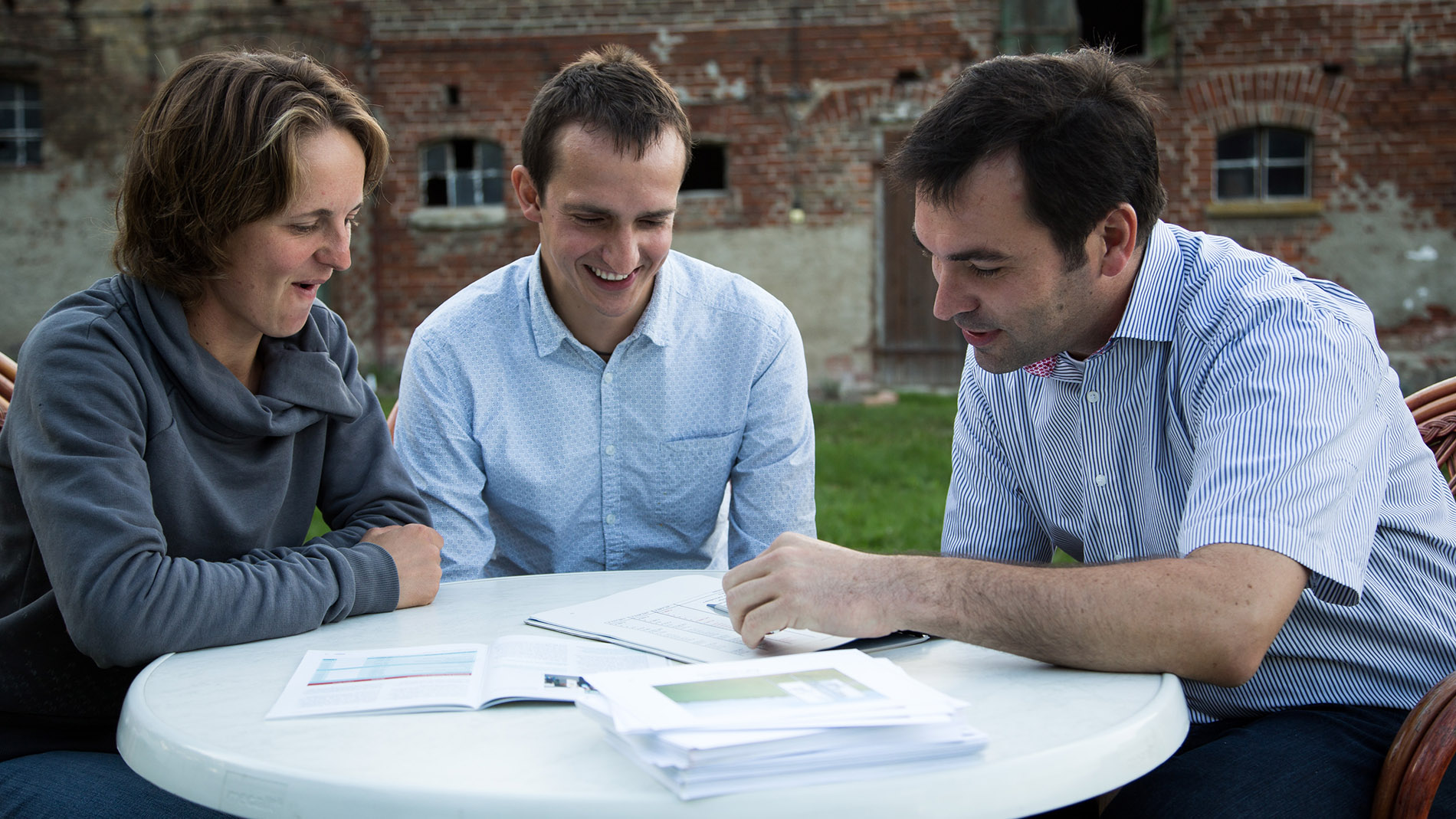
So, if you have a farm to sell, you will find someone interested in buying it?
When a farmer advertises with us, their advertisement receives between 7,000 and 25,000 clicks from potential successors, depending on the location of the farm. Of course, a click is not a sale. We then send the farmer the letters of motivation that we request from interested parties. The letters should answer the following questions: Who are you? Why are you interested in the farm? What do you have to offer? Of the thousands who click, perhaps 30 people will write such a letter. The farmer contacts three of these people and then selects one.
What are the conditions?
In three-quarters of cases, the conditions are the same as they would be within the family. This means that they take over the farm and pay the farmer a monthly sum to supplement their pension. The farmer and their spouse can continue to live on the farm, with people to look after them in their old age. The successors receive the farm for a small allowance. As for myself, I consider my job done when I have successfully made myself redundant in this process and am no longer needed.
According to the Federal Statistical Office, there were over a million farms in Germany at the beginning of the 1970s. However, by the early 2000s, this figure had fallen by more than half3, and today, there are only around 255,0004. DZ Bank, a bank which has its past in cooperative banks for farmers, predicts that this figure will decrease to approximately 100,000 farms by 20405. This leads not only to a loss of agricultural diversity and biodiversity, but also affects economic sectors along the entire value chain, further restricting rural structures.
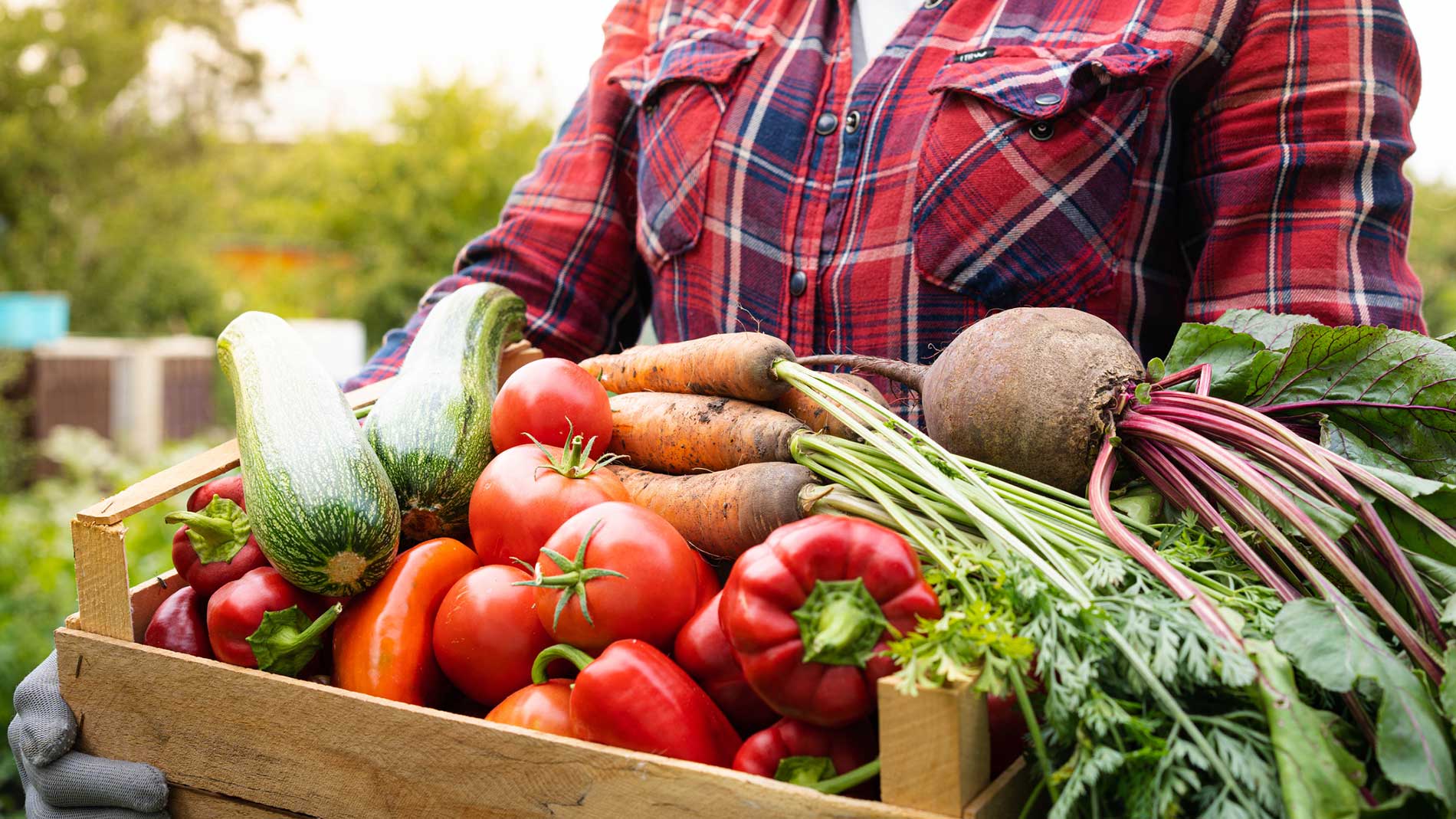
The practice of transferring farms to heirs outside the family can mitigate this development, as the story of Heiner Schrobsdorff shows. Apart from the promise to practise organic farming, the conditions for his generous gift were straightforward: Heiner’s mother was to be able to keep living in her familiar surroundings and receive financial support. In return, Heiner and his wife receive a monthly payment of €250 and a lifelong supply of organic vegetables from the farm. “I don’t want to squeeze as much as possible out of what used to belong to me,” Heiner explains. “What I care about is that the land is farmed organically. That it’s brought back to life.”
Heiner received several applications in response to his job advertisement. He chose Bärbel Lorenz, Raphael Mühlegger, and their daughter, Lola. The couple decided to return the farm to its original name, which it had been known by in the area for decades: Hof Meinicke. Whether their daughter Lola will want to take over the farm one day remains to be seen. At least for one generation, Heiner's farm has been brought back to life – organically, just as he always wanted. One thing is certain for him: “For me, it couldn’t have worked out any better than this.”
Sources
1 Deutschlandfunk: An ecological experiment. Heiner gives away his farm. Radio play and feature broadcast on 17 July 2022. Available online at: https://www.hoerspielundfeature.de/ein-oekologisches-experiment-heiner-verschenkt-seinen-100.html [Accessed 23/09/2025].
2 Heinrich Böll Foundation/BUND: Meat production in Germany: Fewer farmers, more meat industry. Meat Atlas 2021. Published on 6 January 2021. Available online at: https://www.boell.de/de/2021/01/06/fleischproduktion-deutschland-weniger-bauern-mehr-fleischindustrie [Accessed 23/09/2025].
3 Statistisches Bundesamt (Destatis): Classification of agricultural holdings from 1971 to 2001. In: WISTA – Economy and Statistics, Issue 3/2003. Available online at: https://www.destatis.de/DE/Methoden/WISTA-Wirtschaft-und-Statistik/2003/03/klassifizierung-landw-betriebe-1971-2001-032003.html [Accessed 23/09/2025].
4 Statistisches Bundesamt (Destatis): Agricultural businesses – Organic farming by federal state. Available online at: https://www.destatis.de/DE/Themen/Branchen-Unternehmen/Landwirtschaft-Forstwirtschaft-Fischerei/Landwirtschaftliche-Betriebe/Tabellen/oekologischer-landbau-bundeslaender.html [Accessed: 23/09/2025].
5 OM Online: Study: Only 100,000 Farms by 2040. Published on 12 April 2023. Available online at: https://www.om-online.de/wirtschaft/studie-2040-nur-100000-bauernhoefe-184544 [Accessed 23/09/2025].
Image credits:
Picture Header: Ludwig Schöpfer
Portrait Silke Schröckert: David Königsmann
